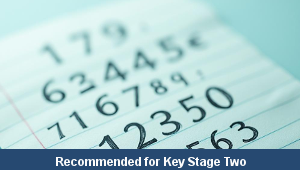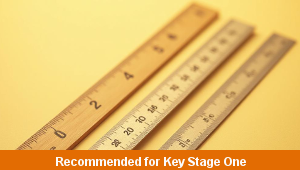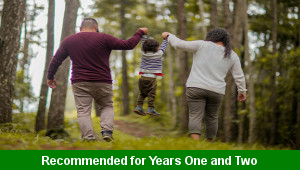Life Skills

Schools can play an important role in teaching their pupils the essential skills that they can utilise in all aspects of their lives now and in the future. The children can develop their grasp of particular skills in a safe environment where they can learn from and correct their mistakes before applying in real world situations.
All of the skills can be taught in conjunction with lesson plans in the National Curriculum so that the skills are contextualised to help the children acquire the the new skills rapidly and efficiently. You can teach the children how to lead healthy lives through exercise and food recipes. The class can practise their social and team work schools in a range of subjects and lesson. Everyone can understand how to manage and use money which will support them in their lives outside of school in the future. Teaching essential skills will help the children become settled and well-adjusted members of their local community. The skills will stick with the children as they grow into teenagers and adults.
Healthy Living
You can teach the children the importance of adopting a healthy lifestyle so that they can support their family and friends in the future. Working in science, the children can explore the benefits of different types of foods. They can design and make healthy meals in a design and technology lesson and write recipes by practising instructional writing in English. Children can also learn skills in how to clean themselves properly so that they can stay healthy in the future. The class can understand the importance of hand washing, teeth cleaning and bathing as part of a healthy life style. You can also teach the children the importance of taking regular exercise to help them maintain a healthy body. The class will need to acquire these skills so that they become a regular feature of their everyday lives.
Social Skills
One of the key skills that the children can learn and develop at school is how to interact socially with others. You need to provide a range of opportunities for the class to work with different members of the school community in a range of situations. Build some time in the week so that the children get to work co-operatively in a small group setting. You can rotate the composition of the groups throughout the school year so that the children get the chance to work and socialise with as many different people as possible. Teach the children some of the skills that they will need to use when working in a group such as how to support and show empathy for others. You can use assemblies and end of the day stories to help the class discuss some of problems that they might encounter working with others and solutions to any social difficulties.
Communication
You can use different lessons in the school curriculum to teach the children how to communicate effectively for a range of different purposes. Working in English, the class can practise developing spoken and written skills to communicate ideas in a range of genres and styles such as writing persuasive letters or discursive articles about a current topic in the news. Build time into the week to allow the children to practise their communication skills when presenting and explaining findings from their work such as explanations about science investigations. You can model to the class how to communicate badly in a range of situations which the children can then suggest improvements to your presentations.
Team Work
The children can also develop and practise skills when working as part of a larger group or team. You can set the class some problem solving activities that can only be completed by co-operating and working with others. For example, you can challenge the children to use a limited amount of resources to produce a product. Build in time to allow the class to discuss problems that they encountered when working with others and how they managed to solve the problems to achieve success criteria. Working in physical education, you can allow the children to practise their teamwork skills through a range of different sports and games. The class can identify ways to work successfully with others so that they can win at a sport or game. You can hold a class tournament throughout the school year so that the children can play different sports and games when rotating around different groups so that they can develop team work skills when working with a range of people in the school community.
Money Skills
One of the most important skills that the children can learn and develop at school is about to handle and budget money effectively to support themselves and their families in the future. The class can learn how to set a shopping budget for their family and understand how to save money for future purchases and unexpected expenses. Use lessons in maths to help the children develop skills in working with and using money. They can practise solving money problems using a range of calculations working in real life situations. The class can discuss how to operate and manage a bank account so that they can use money safely in a range of situations. The children can suggest how to use pocket money given to them by their families to match a range of situations such as saving to buying a present for a member of their family.
-

Maths Arithmetic Assessment
Assess abilities in solving arithmetic number problems for addition, subtraction, multiplication and division when working with informal and formal written calculations
-

Environment
Identify and describe some of the special landscapes and locations that can be found in the world and reflect on how they can be protected and preserved for the future
-

Maths Measurement Assessment
Assess abilities in estimating, measuring and comparing a range of different measurements for length, mass and capacity
-

Family Life
Investigate and reflect on some of the special events and experiences that might happen in the life of a family
